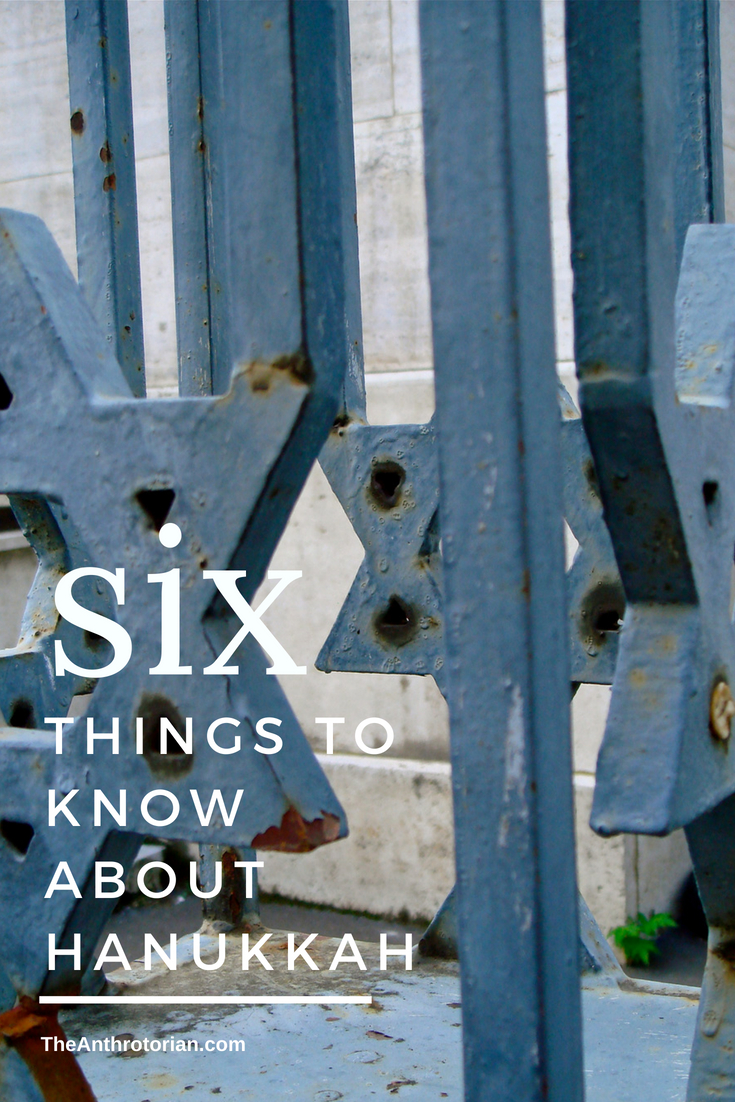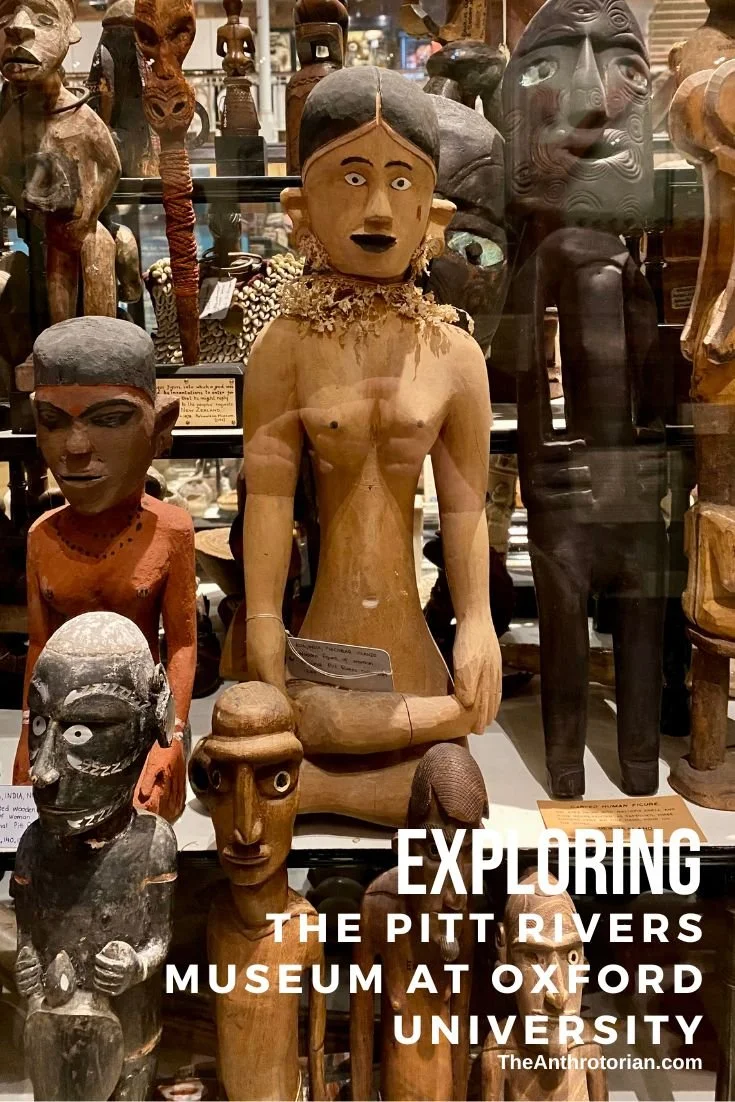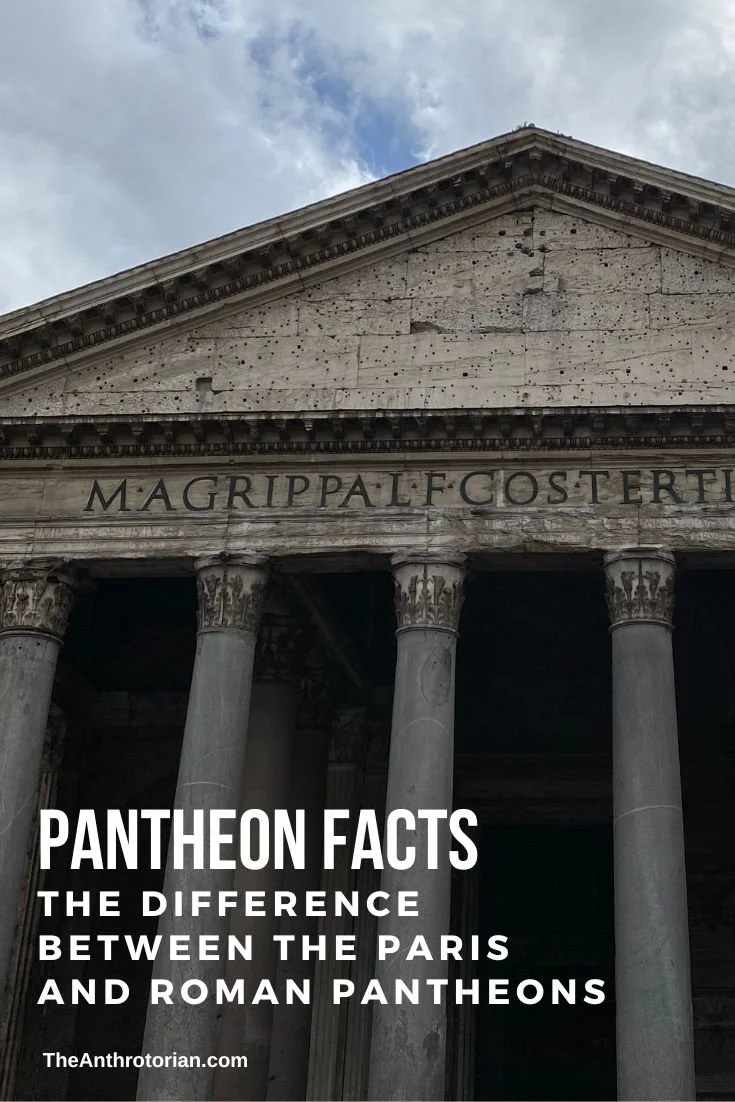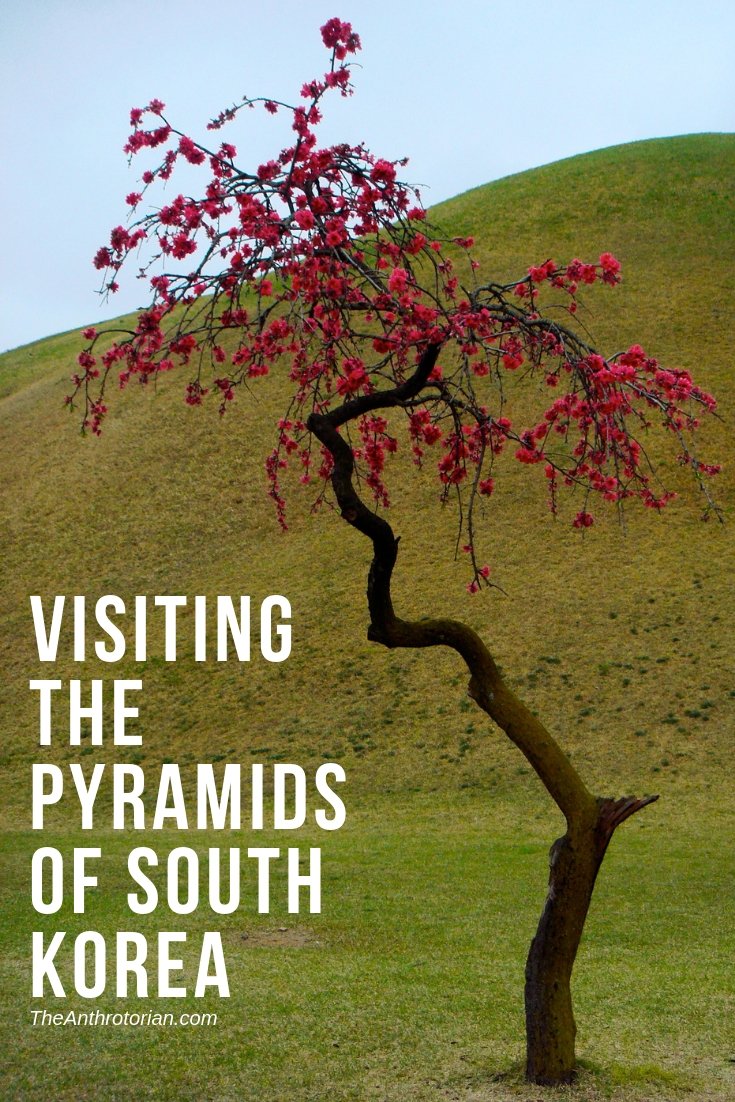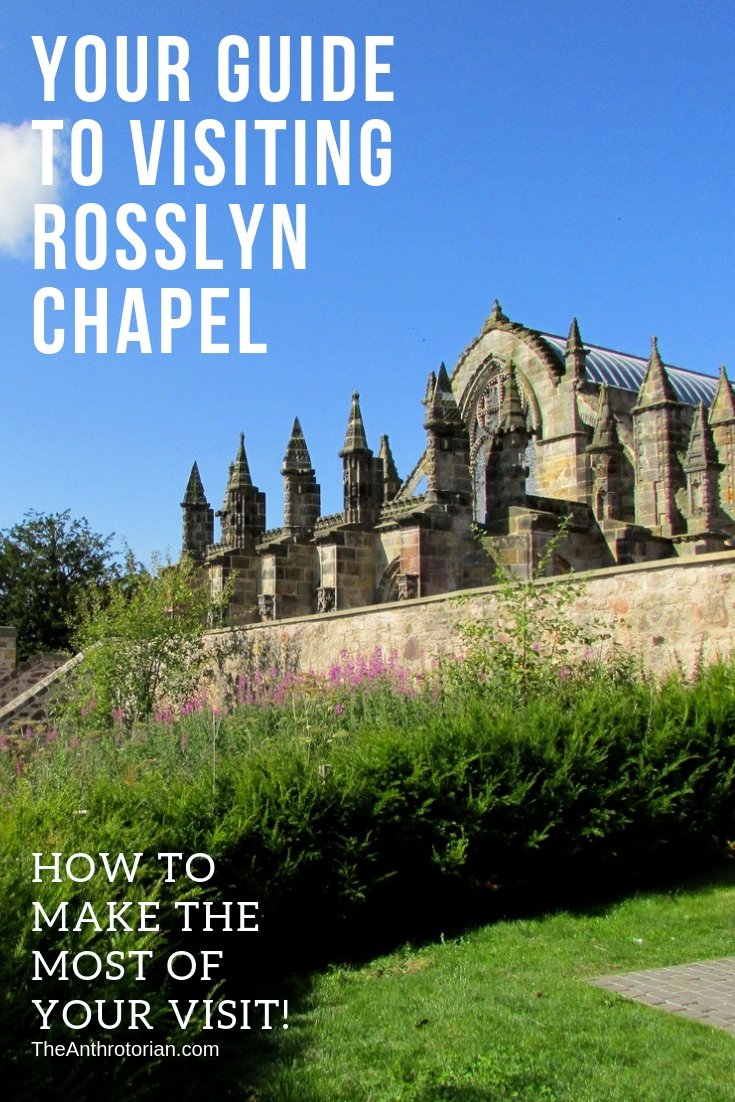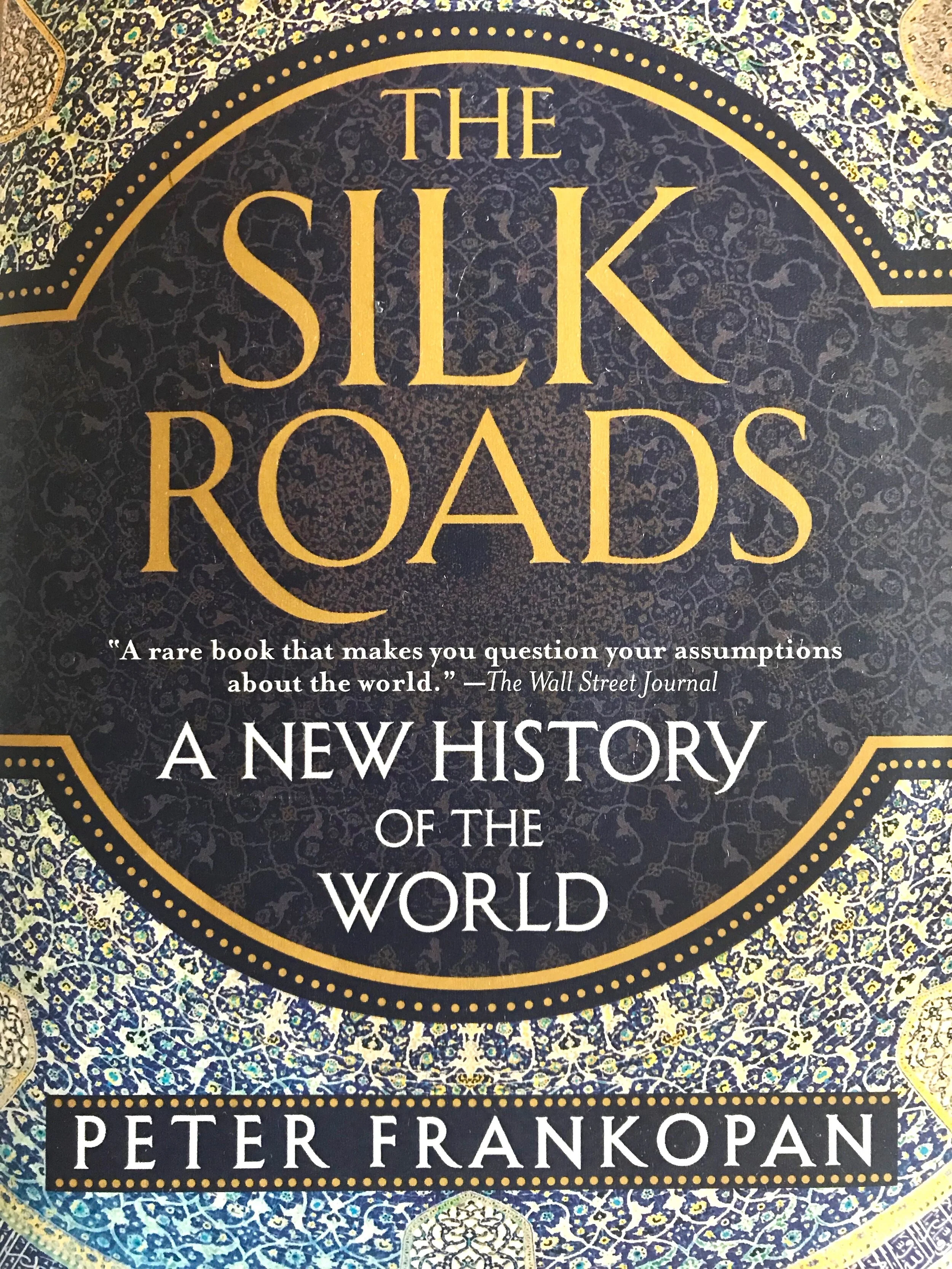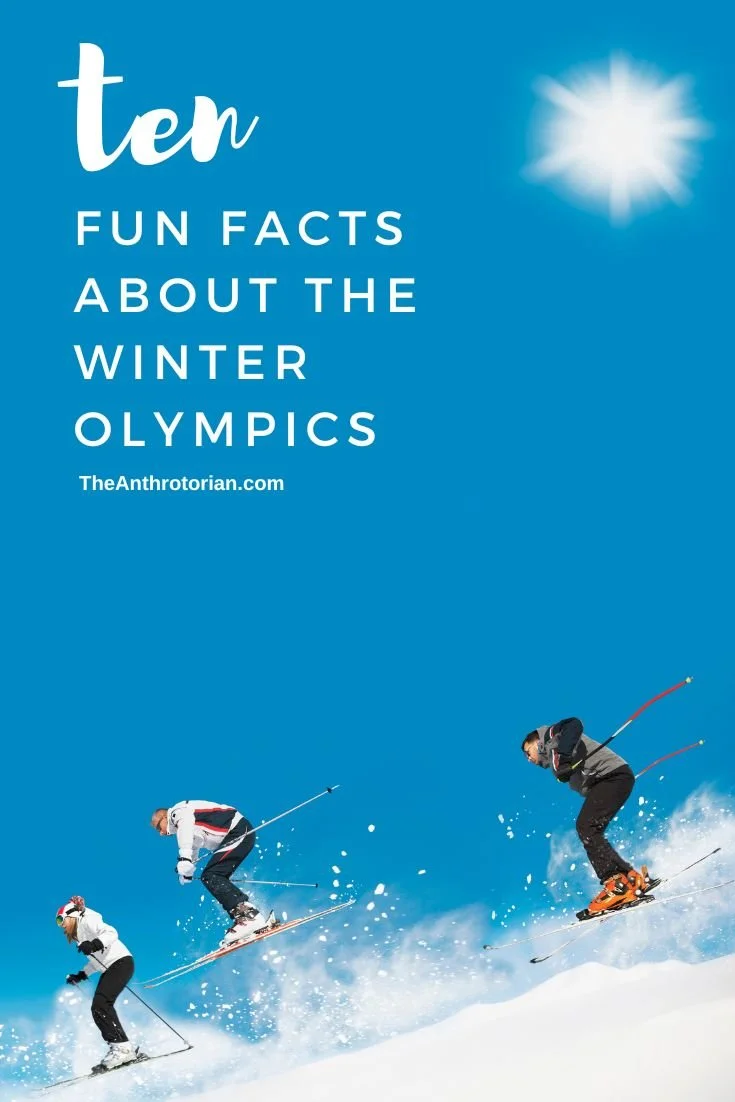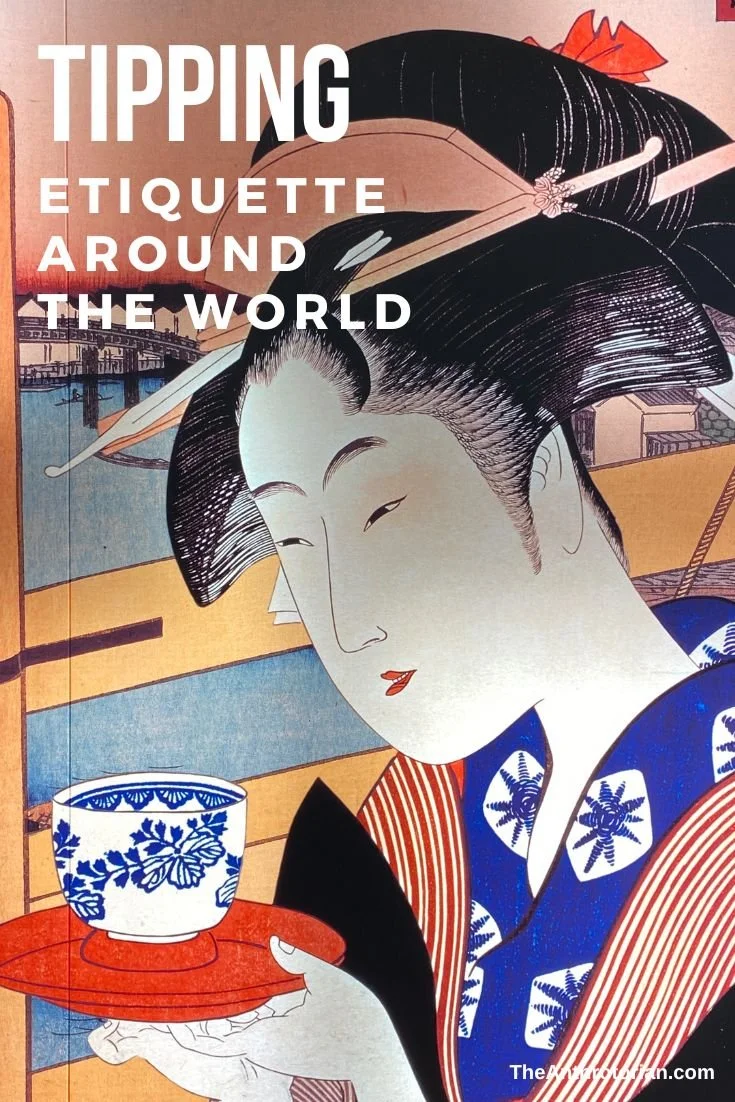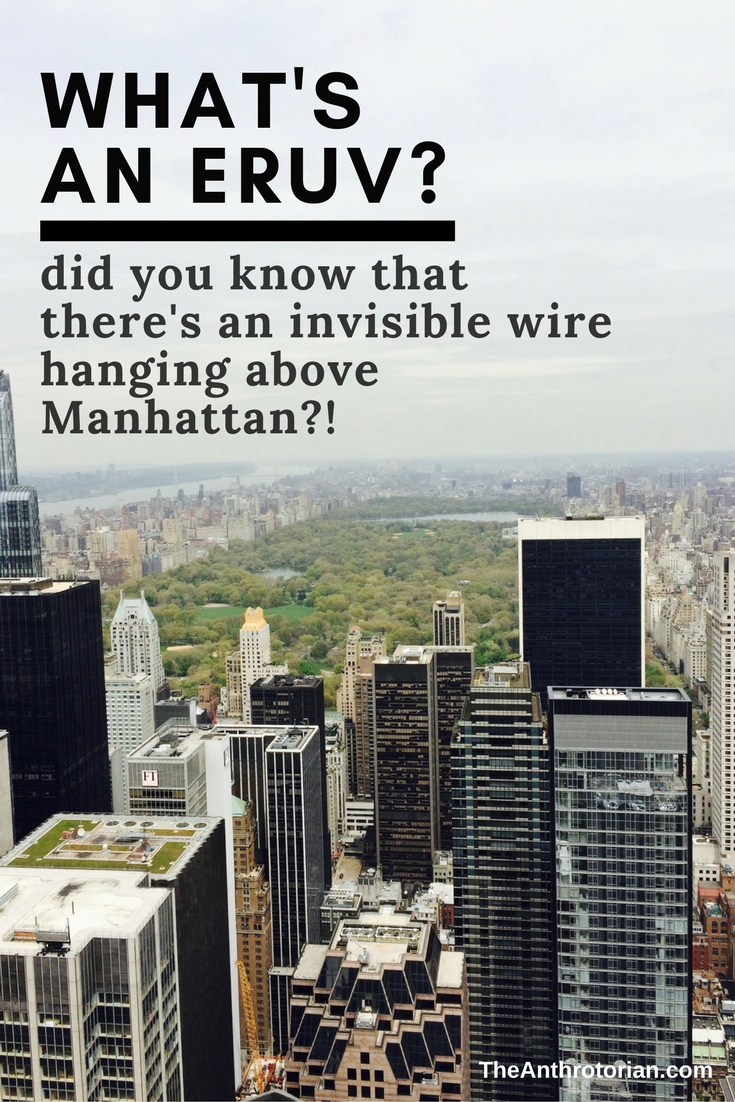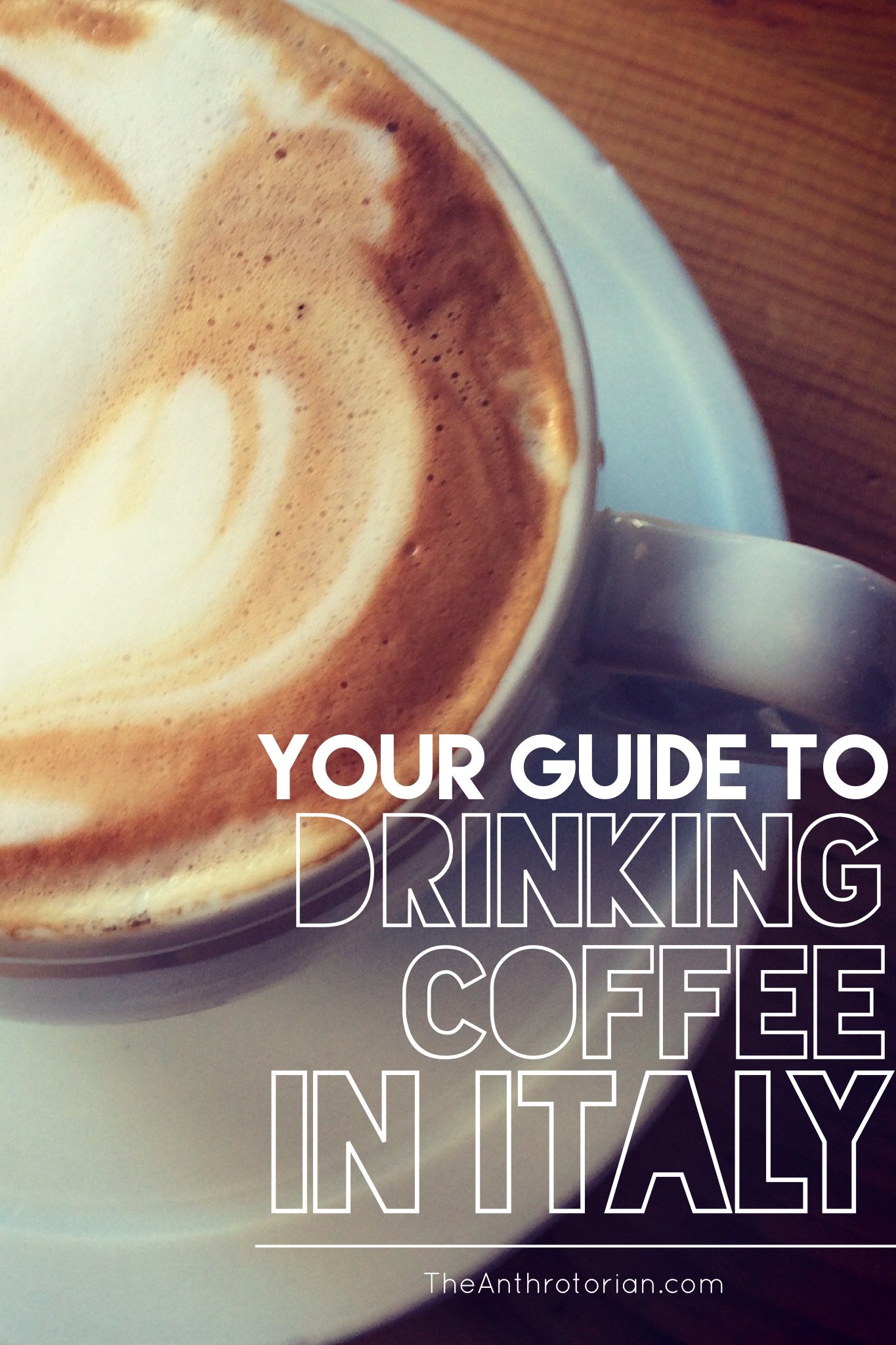I recently learned about a beautiful Icelandic gift-giving tradition that takes place every Christmas. During the holiday season, the country celebrates Jólabókaflóðið (meaning "the book flood of Christmas"), when publishers release new books. And, there are A LOT of them.
Read MoreWhy Do People In North America Wear Poppies in November?
November 11, known as Remembrance Day in Canada and the other Commonwealth Nations of the world, is a day that has been observed since the end of World War I to remember the men and women who died in the line of duty. (Many non-Commonwealth Nations, like the United States, also treat this day as one of remembrance, as November 11, 1918, was the day when hostilities officially ended in WWI.)
Read More8 Fun Facts You Didn't Know About Halloween
Did you know that Halloween is actually an Irish holiday? It comes from an ancient festival called Samhain that marks the day when the undead are thought to walk among the living. It also marks the end of long, sunny days and the beginning of the darker half of the year. The holiday was brought to North America by Irish immigrants in the 1840s.
Read More6 Things To Know About Hanukkah
1. This Jewish holiday always runs for eight days starting on the 25th day of the Jewish month of Kislev.
2. It began during the rule of Antiochus IV who desecrated a Jewish temple by sacrificing pigs on the altar (check out my post What Does Kosher Mean Anyway? to find out why this was a big deal). The Jewish people banded together and revolted, taking the temple back. At the time of rededication there was almost no oil left that had not been desecrated, and oil was needed for the menorah that was supposed to burn through the night. Though there was only enough for one day, it burned for eight and as a result, an eight-day festival was declared to celebrate the miracle.
3. The only religious observance related to this holiday is the lighting of candles arranged in the candelabrum (menorah). They are lit from right to left (like how the Hebrew language is read) and can be lit anytime after dark before midnight. The candles can be blown out 1/2 an hour after they are lit or can be left to burn out on their own.
4. Giving small gifts on each day of Hanukkah is not a part of the religious ritual, but is an influence from the Christian tradition of gift-giving at this time of year. Because of its close proximity to Christmas, Hanukkah is often called the Jewish Christmas.
5. Fried food is eaten during this time of year because of the significance of oil to the holiday.
6. The game played with a dreidel at this time of year is actually a gambling game — it is not just a child's toy!
Pin Me!
6 Things To Know About Kwanzaa
1. Maulana Karenga created Kwanzaa in 1966 as the first African-American holiday. It is observed throughout the USA, Canada, and in parts of Brazil.
2. It is a week-long celebration that runs from December 26 – January 1.
3. Kwanzaa does not replace other seasonal holidays, and many celebrate it alongside Christmas and New Years.
4. The point of the holiday is to celebrate African history, culture, and unity which is done through lighting candles, decorating the home with traditional art, wearing traditional clothing, performance, and feasting with family and friends.
5. There are 7 Principles of African Heritage that are meditated on during the week. They include; unity, self-determination, collective work and responsibility, cooperative economics, purpose, creativity, and faith.
6. People commonly greet each other with "Joyous Kwanzaa!"

